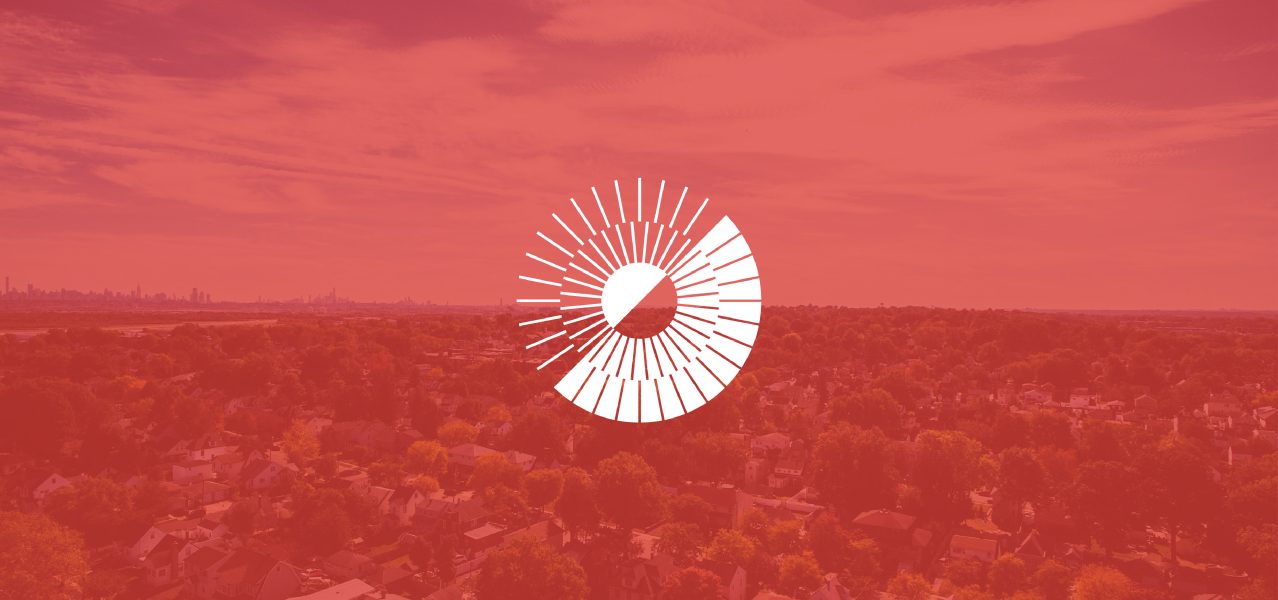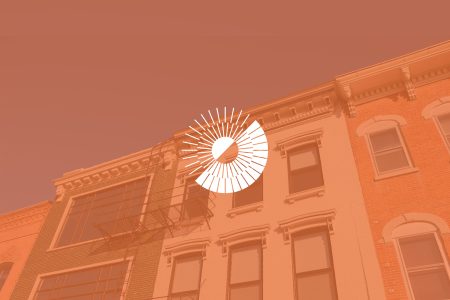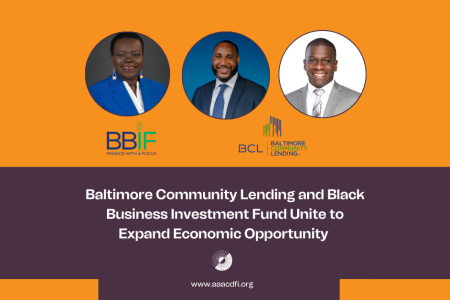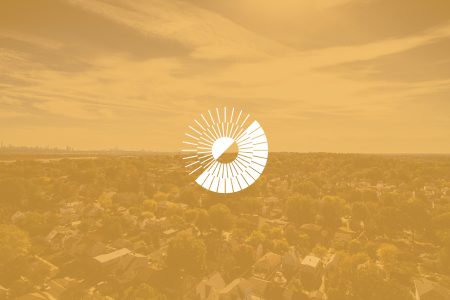Los Angeles shows us what can happen when protest is met with force instead of dialogue.
It started with a series of ICE raids at worksites and in neighborhoods across the city. More than 100 people were detained in a single day, many without prior records, according to legal observers. Community members responded quickly. That same night, thousands marched to demand answers and raise concerns about how fast and far the enforcement went. While most protests remained peaceful, tensions did rise. There were reports of scattered fires, broken windows, and confrontations with police.
Despite those tensions, Governor Gavin Newsom and Mayor Karen Bass made it clear that the situation was under control. Both opposed federal intervention. But on June 9, the president sent more than 4,000 National Guard troops and 700 Marines into Los Angeles without the governor’s consent.
This was the first time in more than 60 years that a sitting president federalized a state’s National Guard over that state’s objections. The White House cited a federal statute that permits such action in times of insurrection. Even so, civil liberties groups are now asking: if protests can be framed this way, what does that mean for future demonstrations across the country? Sending in troops doesn’t just enforce the law; it sends a signal that dissent is something to be suppressed, not heard.
At the African American Alliance of CDFI CEOs, we believe protest is a core function of democracy. That right has never been easy, but it has always mattered, from labor strikes to civil rights marches to the ongoing fight for racial and economic justice. Protest is how people without power make their voices count.
We also believe in accountability. Acts of looting and violence are unacceptable. They put communities at risk and undermine the message of peaceful protest. Those actions should be addressed through the legal system. However, we cannot let isolated incidents justify a military-style response to public outrage. Protest, by itself, is not a threat. It is a sign that something deeper needs attention.
We’ve seen this before. When Black and Brown communities raise their voices for justice, they’re often met with force instead of listening. Protest gets redefined as chaos or disorder. Surveillance replaces engagement. Ultimately, it costs us our rights, our voices, and our momentum.
As Dr. King once warned, “Our lives begin to end the day we become silent about things that matter.” Silence is not an option. And protest is not the problem. It’s the first step toward the solution.




